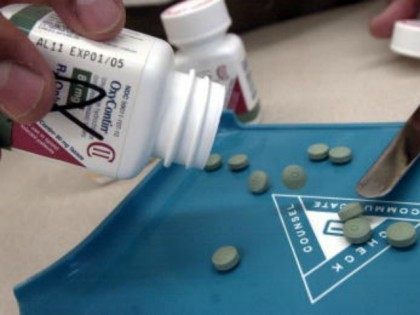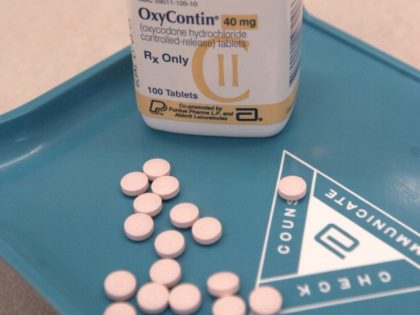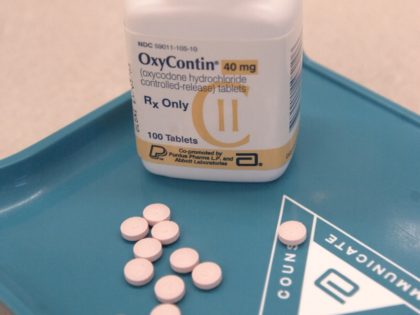Sackler Family Wins Immunity from Further Opioid Litigation
A federal bankruptcy judge gave conditional approval Wednesday to a bankruptcy plan for OxyCotin maker Purdue Pharma.

A federal bankruptcy judge gave conditional approval Wednesday to a bankruptcy plan for OxyCotin maker Purdue Pharma.

Federal authorities say that the health record software company Practice Fusion was paid by a major opioid manufacturer to promote the prescription of opioids to doctors who were attempting to view patients’ electronic records.

CLEVELAND (AP) — The nation’s three largest drug distributors and a drugmaker have reached a tentative deal to settle a lawsuit related to the nation’s opioid crisis.

The Sackler family, who own Purdue Pharma, the developer of opioid OxyContin, donated $60 million to various prestigious universities around the world including Yale, according to a report published this week.

Purdue has reportedly settled a lawsuit by the state of Oklahoma which accused them of fueling the opioid abuse epidemic.

A confidential 2006 Department of Justice (DOJ) report recommended three Purdue Pharma executives face felony charges over their concealment and denial of the abuse potential of their now infamous opioid drug, OxyContin, according to a Tuesday New York Times report.
The conventional wisdom on the opioid crisis is that prescription drug dependency was a major factor behind the surge of addictions and overdoses. This belief was challenged by studies demonstrating that prescription drug problems from the 1990s and 2000s were fading before the current opioid crisis began, and the real problem today is with street drugs like heroin and fentanyl. New research highlights a very sharp dividing line between the earlier pill problem and today’s drug crisis: OxyContin was reformulated in 2010 to cut down on abuse, so addicts turned to heroin.
